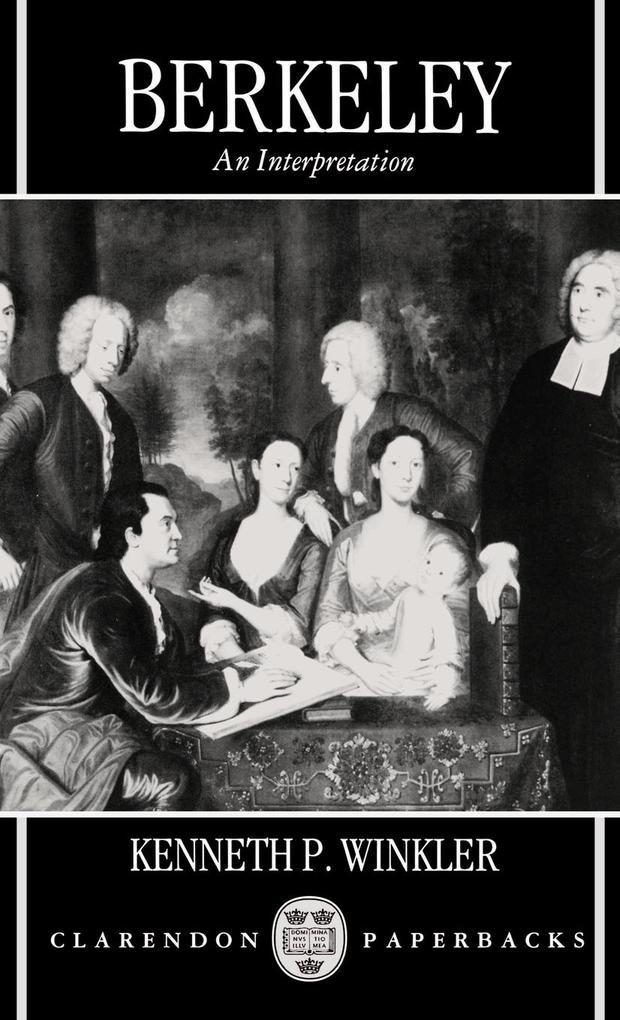David Hume wrote that Berkeley's arguments 'admit of no answer but produce no conviction'. This book aims at the kind of understanding of Berkeley's philosophy that comes from seeing how we ourselves might be brought to embrace it. Berkeley held that matter does not exist, and that the sensations we take to be caused by an indifferent and independent world are instead caused directly by God. Nature becomes a text, with no distance apart from the spirits who transmit and receive it. Kenneth P. Winkler presents these conclusions as natural (though by no means inevitable) consequences of Berkeley's reflections on such topics as representation, abstraction, necessary truth, and cause and effect. In the closing chapters Professor Winkler offers new interpretations of Berkeley's view on unperceived objects, corpuscularian science, and our knowledge of God and other minds.
Inhaltsverzeichnis
Part 1 Words and ideas: two kinds of signs; ideas as objects; ideas as images; representation and signification. Part 2 Abstract ideas: the argument; objections and replies; abstract ideas as images; abstract ideas as objects; does Berkeley blunder in reading Locke? Part 3 Simple ideas: the search for a simple idea; simplicity and abstraction; consequences. Part 4 Necessity: simple and complex ideas; demonstration, necessity and certainty; an anachronistic hypothesis?; Berkeley's response. Part 5 Cause and effect: Berkeley on the causal relation; necessary connection; the account defended. Part 6 Immaterialism: the argument of "Principles 4"; immediate perception; a commentary on the first dialogue; the argument of "Principles 3"; against matter; the master argument; materialism and abstraction; Berkeley's phenomenalism. Part 7 Unperceived objects: two interpretations; the denial of blind agency; two objections; archetypes; archetypes in "Siris"; Mabbott's objections to divine ideas. Part 8 Corpuscularianism: the corpuscularian background; primary and secondary qualities; immaterial corpuscles. Part 9 Spirit: the parity objection; an alleged incoherence; the mind and its acts.










